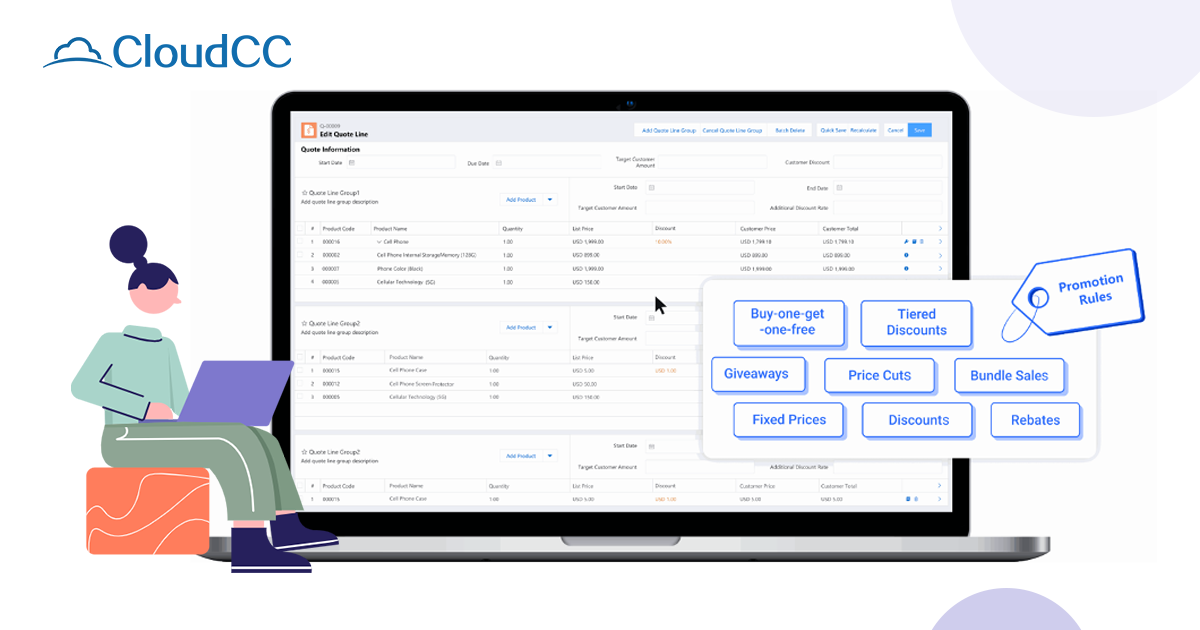
CRM Software for Nonprofit Organizations
February 10, 2025In today’s digital age, nonprofit organizations face the challenge of managing an increasing number of donors, volunteers, and supporters, all while striving to maximize their impact. To achieve these goals efficiently, many nonprofits are turning to CRM software as a powerful tool to streamline operations, improve communication, and strengthen relationships. This technology is no longer reserved for for-profit businesses; it has proven to be an invaluable asset for nonprofits seeking to foster engagement and build lasting connections with their community.
What is CRM Software for Nonprofits?
CRM software for nonprofits is a specialized tool designed to help organizations manage their interactions with donors, volunteers, and other stakeholders. It centralizes data, automates processes, and enables personalized communication, all with the goal of strengthening relationships and enhancing fundraising efforts. Unlike traditional CRM software, nonprofit-specific CRM solutions are tailored to meet the unique needs of nonprofit organizations, including donor management, event coordination, and volunteer tracking.
Key Benefits of CRM Software for Nonprofits
Streamlined Donor Management
One of the most significant benefits of CRM software is its ability to centralize donor data, providing nonprofits with a comprehensive view of their supporters. This makes it easier to track donation history, identify trends, and segment donors based on specific criteria, such as giving frequency or donation size. By understanding donor behavior, nonprofits can personalize communication and tailor fundraising campaigns to suit the interests and preferences of individual supporters.
Improved Communication
Effective communication is key to building strong relationships with donors and volunteers. CRM software allows nonprofits to send personalized emails, newsletters, and thank-you notes, ensuring that each supporter feels valued and appreciated. Many CRM systems also integrate with social media platforms, making it easier to engage with donors and promote events or fundraising campaigns across multiple channels.
Increased Efficiency and Productivity
Nonprofits often operate with limited resources, which is why maximizing efficiency is crucial. CRM software automates routine tasks like donation processing, event registration, and volunteer scheduling, freeing up time for staff to focus on more strategic initiatives. Additionally, CRM systems can generate reports and analytics that provide insights into fundraising performance, allowing nonprofits to make data-driven decisions and optimize their operations.
Enhanced Fundraising Campaigns
By leveraging donor insights and data analytics, CRM software helps nonprofits craft more effective fundraising campaigns. Whether it's a year-end appeal, a capital campaign, or a crowdfunding initiative, CRM systems provide the tools needed to target the right audience, track progress, and measure success. With better segmentation and targeted messaging, nonprofits can increase donor engagement and ultimately raise more funds to support their mission.
Volunteer and Event Management
In addition to donor management, CRM software also helps nonprofits keep track of volunteers and events. From managing volunteer hours to coordinating event logistics, a CRM system simplifies the administrative burden, allowing organizations to focus on delivering impactful programs and services. Volunteers can also benefit from seamless registration processes and automated reminders, improving overall participation and satisfaction.
Choosing the Right CRM for Your Nonprofit
With many CRM solutions available on the market, selecting the right one for a nonprofit organization can be a daunting task. When choosing a CRM, nonprofits should consider factors such as ease of use, scalability, integration capabilities, and customer support. Additionally, some CRM providers offer nonprofit-specific discounts or pricing models to ensure that these essential tools remain accessible to organizations with limited budgets.
In conclusion, CRM software system is no longer a luxury for nonprofit organizations; it is a necessity. By streamlining donor management, improving communication, and enhancing operational efficiency, CRM systems empower nonprofits to focus on what truly matters—making a difference in their communities. With the right CRM solution, nonprofits can build stronger relationships, boost fundraising efforts, and ultimately further their mission in meaningful ways.









